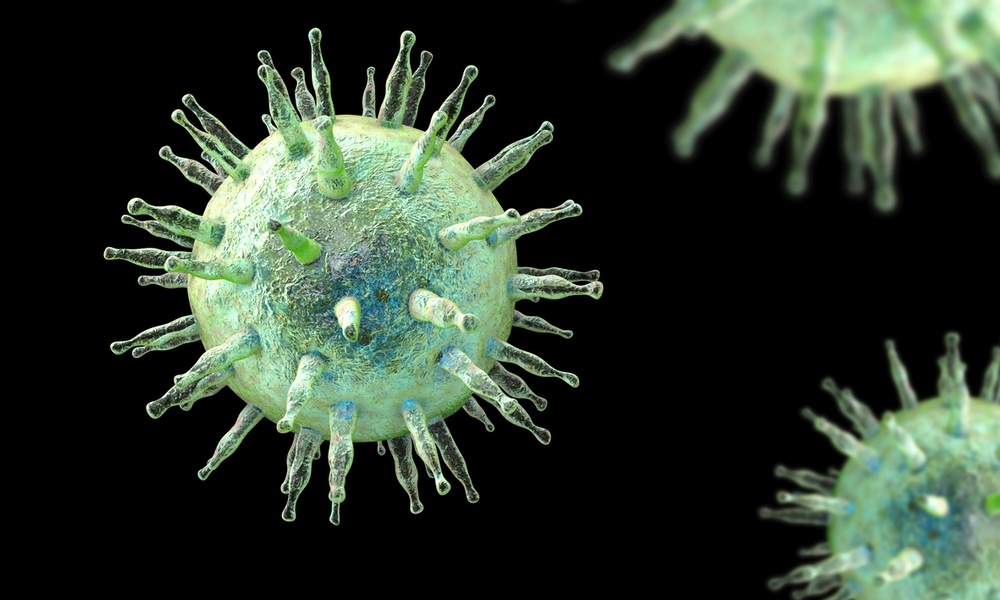While lung cancer is one of the more preventable cancers — the vast majority of the 160,000 annual deaths it causes in the United States result from smoking — it is also one of the deadliest. The reason: it is rarely diagnosed early enough to be treated successfully.
A new test for lung cancer may change this. While the data are preliminary and involve a small group of subjects, they are extremely promising.
A team led by Dorothy M. Morre, Ph.D., professor of foods and nutrition at Indiana's Purdue University, and D. James Morre, Ph.D., distinguished professor of medicinal chemistry at Purdue, searched for a better lung cancer screening procedure for people who smoke.
"We'd like to have a means of detecting lung cancer early in individuals who smoke with a low incidence of false positives," Dorothy Morre said. "There's apparently no good method of finding this and there is a lot of interest at the National Cancer Institute in developing such a protocol."
The Morres — along with colleagues at Purdue, NOX Technologies, Inc. and at Mount Sinai Medical Center in New York — focused their attention on a protein called tNOX, which is involved in abnormal cell growth.
The researchers compared four different methods of determining levels of tNOX in the blood of 421 volunteer subjects, including 104 patients with lung cancer, 175 smokers who had not been diagnosed with lung cancer, 117 randomly selected outpatients and 25 healthy individuals.
They settled on a technique using two different antibodies that they created against the tNOX protein, which they found gave a definitive indication of lung cancer.
Results were presented at the September 2006 meeting on Molecular Diagnostics in Cancer Therapeutic Development, organized by the American Association for Cancer Research.
"In healthy individuals, we have 0 out of 25 false positives," noted D. James Morre. "In lung cancers, 103 of the 104 patients were positive for tNOX. In smokers older than 40 years of age, 12 percent were positive, which is about the normal incidence picked up with high resolution scanning techniques."
The researchers envision the tNOX test as a screening tool for the early detection of lung cancer. Those who test positive would then be followed up with a medical examination and further tests.
According to D. James Morre, current approaches to diagnosing lung cancer are costly and time consuming. "Our findings would provide a simple blood test that would indicate whether or not additional testing would be required," he said. "We could screen very large smoker populations and eliminate perhaps 90 percent of them, while encouraging the other 10 percent to go on to the next stage of testing.
"This test is structured with the antibody we're using to be specific for lung cancer in one form or another," Dorothy Morre added. "It's a specific diagnosis and it also distinguishes between non-small and small cell lung cancer."




